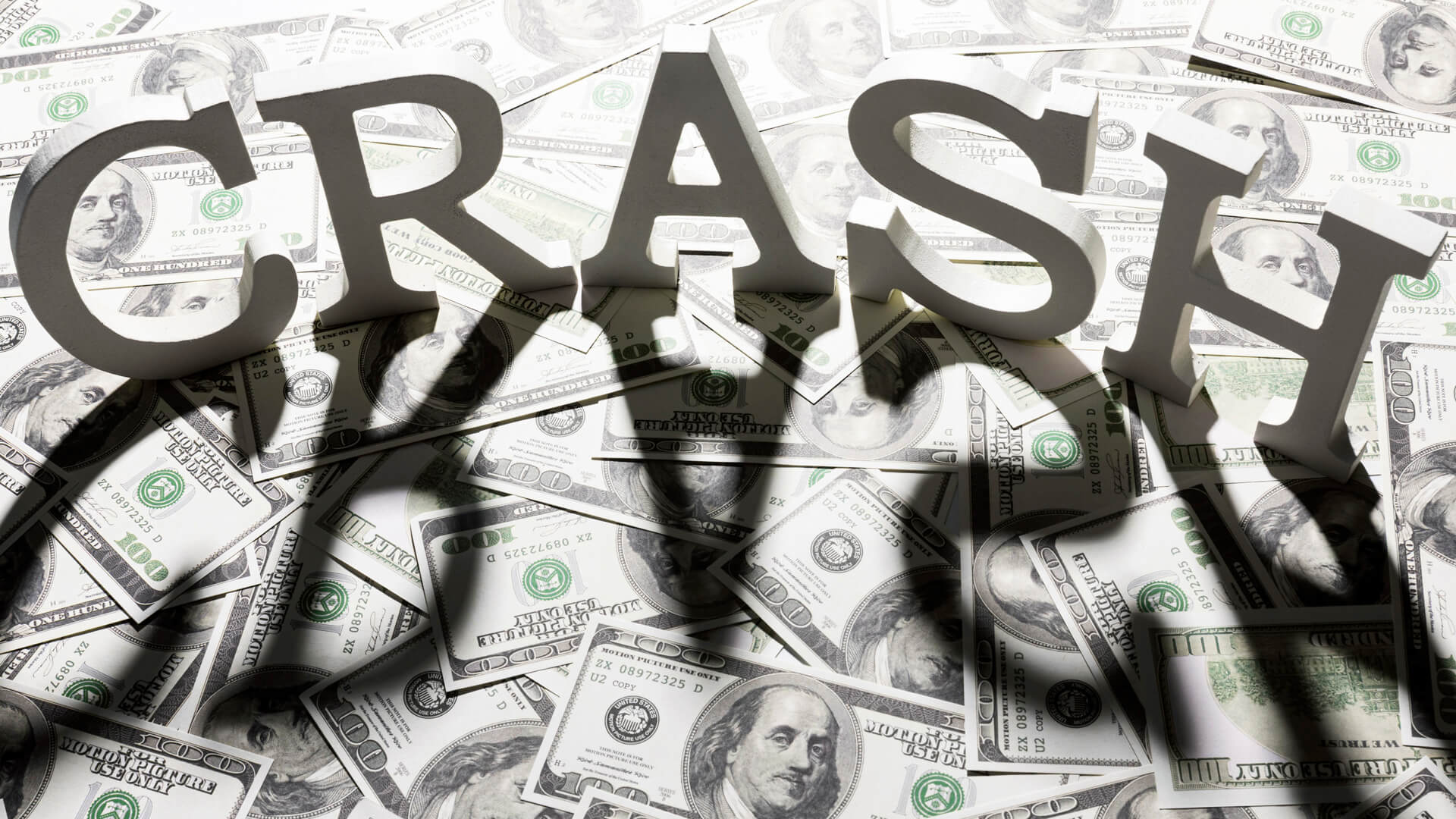Can You Really Achieve Financial Freedom in Your 20s? The Millionaire's Playbook

“Broke at 25, Millionaire at 27—Here’s What No One Tells You”
At 22, Jordan lived paycheck to paycheck, eating instant noodles and juggling two jobs. At 27, he drives a Tesla, owns three rental properties, and travels four times a year—all debt-free. Is this a social media façade… or the new reality?
The idea of financial freedom in your 20s sounds like a marketing scam. After all, with student debt, rising living costs, and stagnant wages, how can anyone under 30 build wealth—let alone become financially independent?
But a growing number of Gen Z and millennials are flipping the narrative. And behind their success is something more powerful than luck: strategy.

The Lie We’re Told: “Work Hard, Retire at 65”
The traditional path—go to college, get a job, climb the ladder, retire in your 60s—isn’t just outdated, it’s broken.
A 2023 Fidelity report showed that 62% of millennials don’t believe they’ll ever be able to retire comfortably. And yet, young people are finding ways to reach six-figure net worths by 25 and even retire by 30.
How? The answer lies in mastering financial systems early, not just saving more or working harder.

The Millionaire’s Playbook: What They Know That You Don’t
Many young millionaires follow a version of the 100 Points Strategy taught in elite financial circles like the 100 Points Strategy Masterclass. Here's how it breaks down:
1. High-Income Skills (40 Points)
Coding. Copywriting. Trading. Digital marketing.
You won’t save your way to wealth—you must increase your earning potential. Many 20-somethings are building $10k/month freelance businesses using skills they taught themselves online.
2. Automated Investing (20 Points)
Index funds. ETFs. Dollar-cost averaging.
Instead of day-trading or crypto hype, they automate wealth-building through long-term assets. Fun fact: Someone who invests $500/month starting at 22 can have over $1M by 52 (based on 10% annual return).
3. Leveraged Assets (20 Points)
Real estate. Online businesses. IP (intellectual property).
They buy or build things that grow in value without trading time for money.
4. Minimalist Lifestyle (10 Points)
Living below your means, not beyond your ego.
No, skipping lattes won’t make you rich. But controlling lifestyle inflation is key to funneling excess income into smart investments.
5. Personal Branding & Network (10 Points)
Your network is your net worth.
Top performers build audiences, connect with mentors, and find communities that elevate their thinking.

Real-World Examples: Young Millionaires Making It Work
Sam Ovens, a consultant, went from broke in his 20s to earning $30M+ by 30 by creating online courses.
Tiffany Aliche (The Budgetnista), used financial literacy content to build a seven-figure brand.
Humphrey Yang, former financial advisor turned content creator, now helps millions understand money via TikTok and YouTube—earning over $100k/month.
These aren’t anomalies. They're early adopters of new financial ecosystems—digital leverage, creator economy, and investing automation.

The Truth: Not Everyone Will Make It—But Anyone Can
Not everyone will be a millionaire by 30. But financial freedom doesn’t require millions. It means being able to choose your work, your time, and your lifestyle without being chained to debt or toxic jobs.
Actionable Takeaways:
Learn a high-income skill in 6 months. (Free via YouTube, Udemy, etc.)
Automate your investing. Use apps like Stash, Syfe, or robo-advisors.
Track your finances. Apps like YNAB or even simple spreadsheets work wonders.
Build an online brand. Document your journey. Share your wins and lessons.
Final Thoughts: The Question Isn’t Can You—It’s Will You?
Financial freedom in your 20s isn’t a myth. It’s a mindset—and a method. The systems are out there. The tools are free. But the discipline? That’s on you.
Are you building wealth for you—or fueling someone else’s profits?
🚀 Take Action:
If you’re serious about shifting from surviving to thriving, start by mastering your money—not managing it. Take the 100-Points Success Readiness Test to see where you stand in your current financial literacy.
